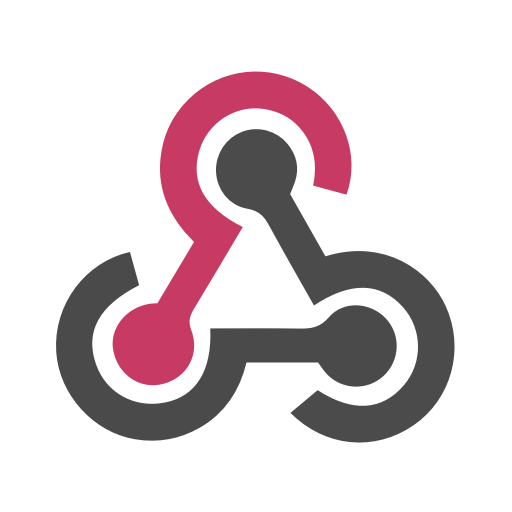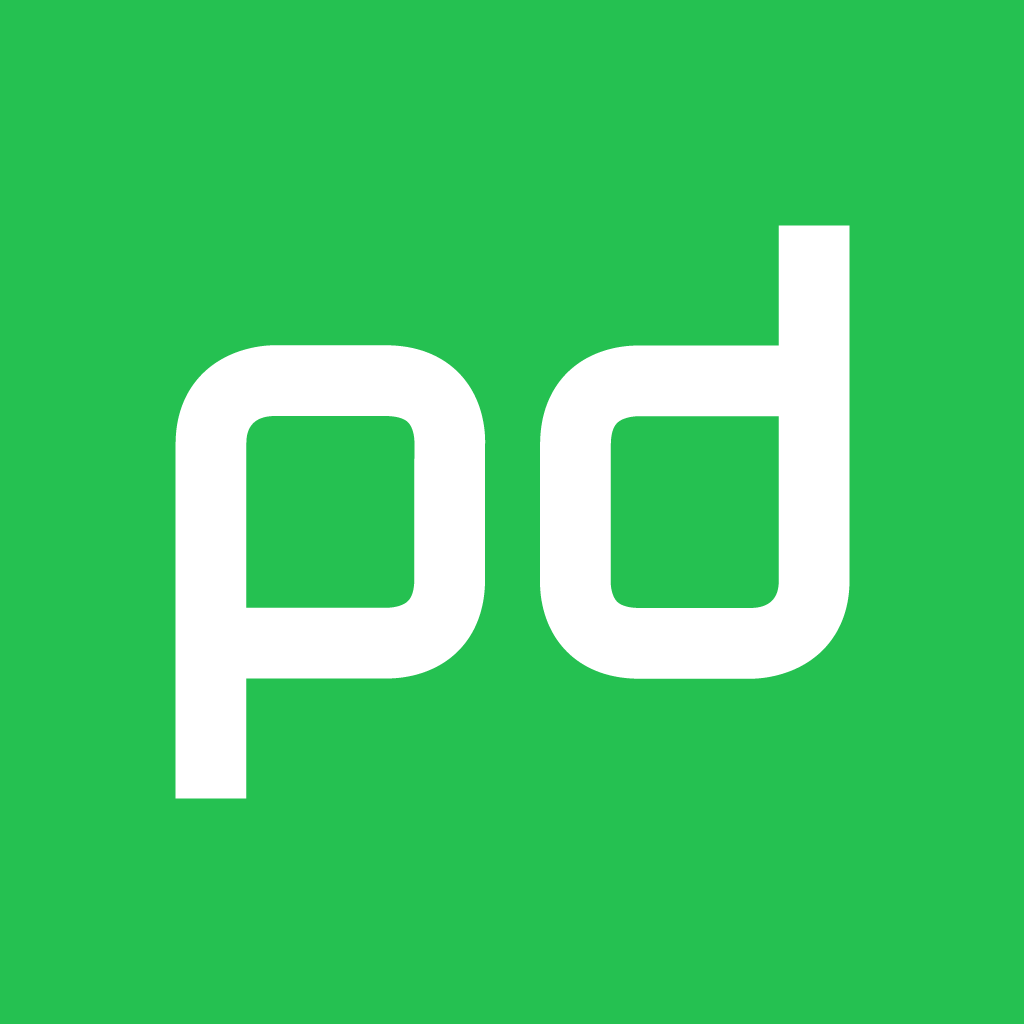 +
+

To integrate webhooks and PagerDuty with your monitoring system, please reach out to MetricFire. Book a demo with the MetricFire team to discuss integrating webhooks and PagerDuty and how that can support your monitoring system.
With MetricFire, you can use WebHooks in two different ways. First, you can use webhooks generated in your Hosted Graphite account to connect to 3rd party platforms and services, including CircleCi, Pingdom, GitHub, GitLab, Sentry, and more. This will import events from your services to the Hosted Graphite backend that can be viewed as annotations. See our Add-Ons and integrations docs for more details per service.
Second, you can use custom Webhooks as a programmatic notification method for when an alert is triggered. See the Hosted Graphite Alerting Guide for more information.
Send your alerts to your centralized PagerDuty incident monitoring and alerting system in a few easy steps:
MetricFire is a full-scale platform that provides infrastructure, system, and application monitoring using a suite of open-source tools. We will aggregate and store your data as time series metrics, which can be used to build custom dashboards and alerts. MetricFire takes away the burden of self-hosting your own monitoring solution, allowing you more time and freedom to work on your most important tasks.
MetricFire offers a complete ecosystem of end-to-end infrastructure monitoring, comprised of open-source Graphite and Grafana. MetricFire handles the aggregation, storage, and backups of your data, and offers alerting, team features, and API's for easy management of your monitoring environment. You can send server metrics using one of our agents, custom metrics from within your application code, and integration metrics from a variety of popular 3rd party services that we integrate with like Heroku, AWS, Azure, GCP, and many more!
Our Hosted Graphite product has improved upon standard Graphite to add data dimensionality, optimized storage, and offers additional tools and features that provide customers with a robust and well-rounded monitoring solution.
Monitoring SNMP devices is crucial for maintaining network health and security, enabling early detection... Continue Reading